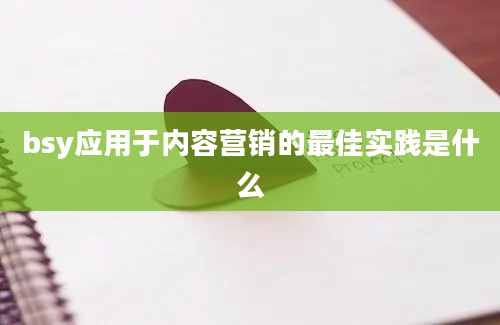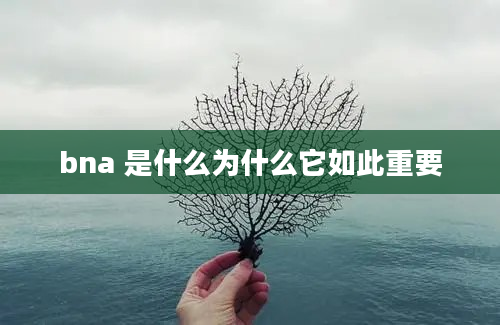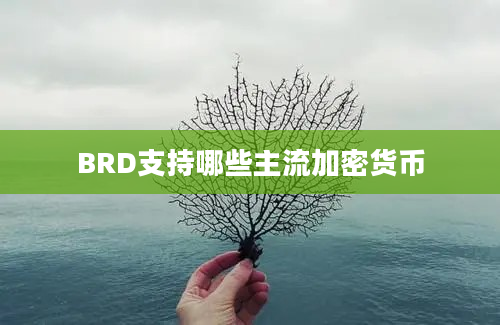标题:How to Identify Genuine Ore Suppliers

文章:
Identifying genuine ore suppliers is crucial for businesses that rely on highquality raw materials. With the proliferation of suppliers in the global market, it can be challenging to discern reputable sources from fraudulent ones. Here are some steps to help you identify genuine ore suppliers:
1. Research Thoroughly
Begin by researching potential suppliers online. Look for companies with a solid presence on industryspecific platforms, professional websites, and social media channels. Check their company history, mission statement, and customer testimonials.
2. Verify Legal Status
Ensure that the supplier is legally registered and licensed to operate in the industry. Verify their business registration number and any relevant certifications or licenses they may have.
3. Inspect Physical Location
If possible, visit the supplier’s physical location. A legitimate supplier should have a proper office and production facilities. Be wary of suppliers who only operate virtually or do not provide a physical address.
4. Request Sample Materials
Ask for samples of the ore you are interested in. A genuine supplier will be more than happy to provide you with samples. Analyze the quality and consistency of the sample to ensure it meets your requirements.
5. Check for Quality Certifications
Genuine suppliers will have quality certifications such as ISO, which demonstrate their adherence to quality management systems. Verify these certifications to ensure the supplier meets industry standards.
6. Evaluate Their Supply Chain
A reliable supplier should be able to provide information about their supply chain, including the origin of the ore, processing methods, and quality control measures.
7. Review References and Testimonials
Ask for references from previous clients and review customer testimonials. This can give you insights into the supplier’s reliability and customer satisfaction.
8. Assess Their Financial Stability
A financially stable supplier is more likely to be reliable. Check their credit history and financial statements if available.
9. Negotiate Terms and Conditions
Genuine suppliers are open to discussing terms and conditions. Be cautious if they demand upfront payments or refuse to negotiate payment terms.
10. Understand Contractual Agreements
Before finalizing a deal, thoroughly review the contractual agreements. Ensure that the contract protects your interests and includes clauses for quality assurance and dispute resolution.
By following these steps, you can significantly reduce the risk of dealing with fake ore suppliers and ensure a stable supply of highquality materials for your business.
常见问题清单:
1. 如何验证矿石供应商的合法性?
2. 怎样获取矿石供应商的样品?
3. 矿石供应商的质量认证有哪些?
4. 如何评估矿石供应商的供应链?
5. 如何在合同中保护自己的利益?
6. 如何确定矿石供应商的财务稳定性?
7. 如何通过客户评价来判断矿石供应商的信誉?
8. 如何与矿石供应商谈判支付条款?
9. 如何识别矿石样品的质量?
10. 如何确保矿石供应商能够持续提供稳定的供应?
详细解答:
1. 验证矿石供应商的合法性:
通过查看公司的营业执照、行业许可证、税务登记信息等官方文件来验证其合法性。
2. 获取矿石供应商的样品:
向供应商提出样品请求,并确保样品与实际购买的产品一致。
3. 矿石供应商的质量认证:
查看供应商是否拥有ISO、SGS等国际质量认证,这些认证表明供应商遵守国际质量标准。
4. 评估矿石供应商的供应链:
与供应商沟通,了解矿石的来源、加工过程、质量控制等细节。
5. 在合同中保护自己的利益:
合同中应包含质量保证、交货期限、违约责任等条款,确保双方的权益。
6. 确定矿石供应商的财务稳定性:
查看供应商的财务报表,了解其财务状况和偿债能力。
7. 通过客户评价来判断矿石供应商的信誉:
通过第三方平台、行业论坛等渠道收集客户的评价和反馈。
8. 与矿石供应商谈判支付条款:
根据市场惯例和供应商的信用状况,协商合理的支付方式和期限。
9. 识别矿石样品的质量:
通过专业的检测方法,如化学分析、物理检测等,来评估矿石样品的质量。
10. 确保矿石供应商能够持续提供稳定的供应:
与供应商建立长期合作关系,并定期评估其供应能力,以确保长期稳定供应。










